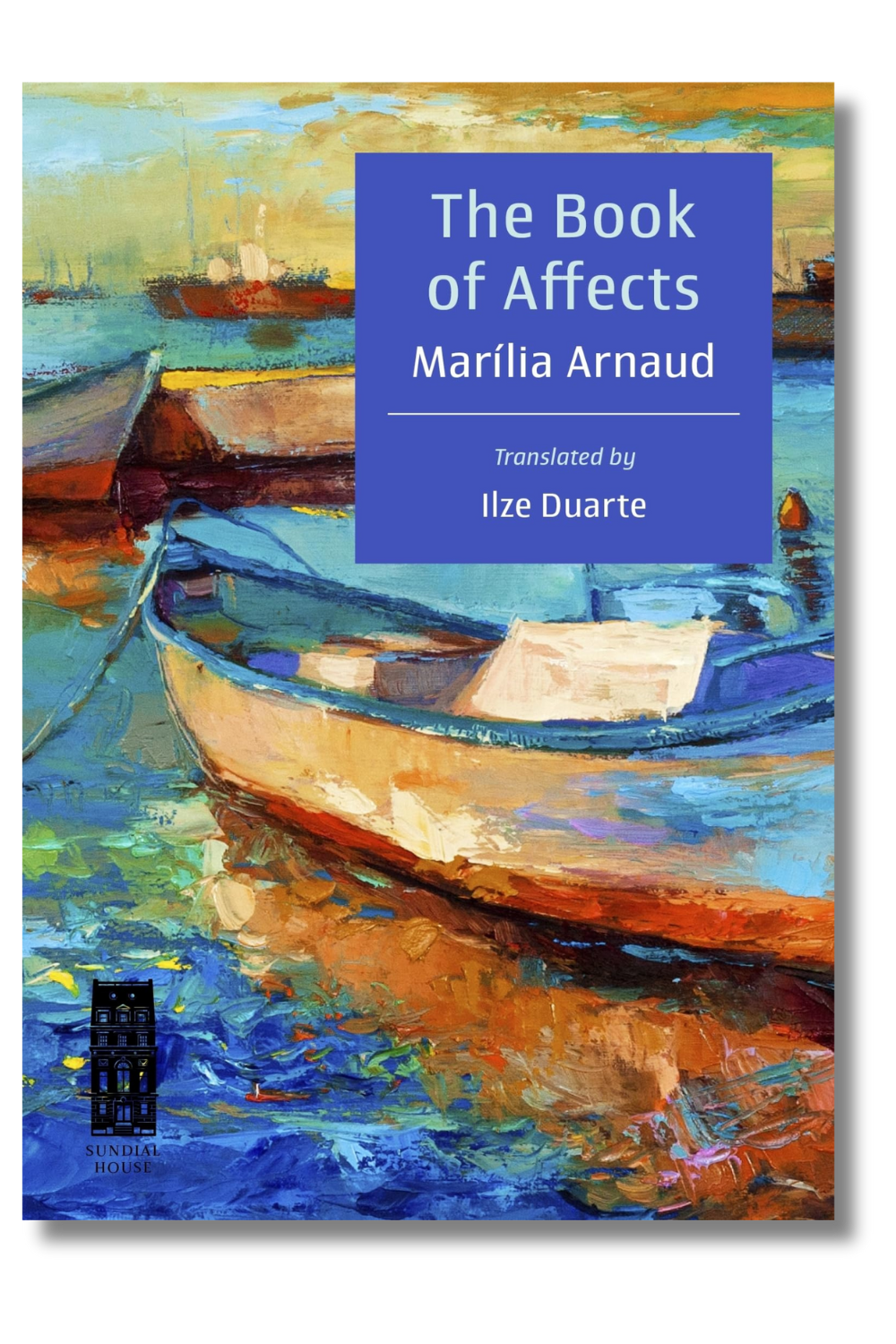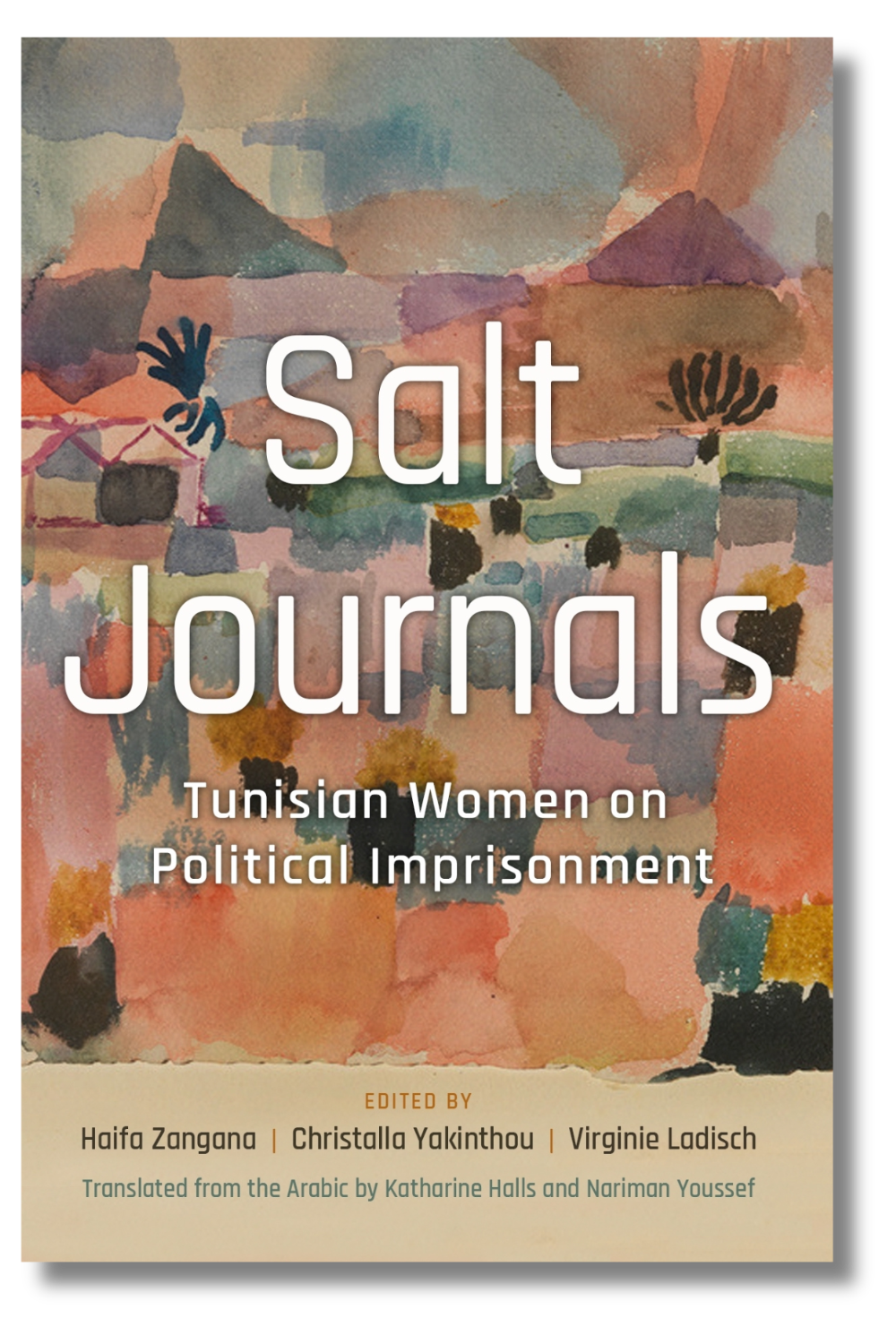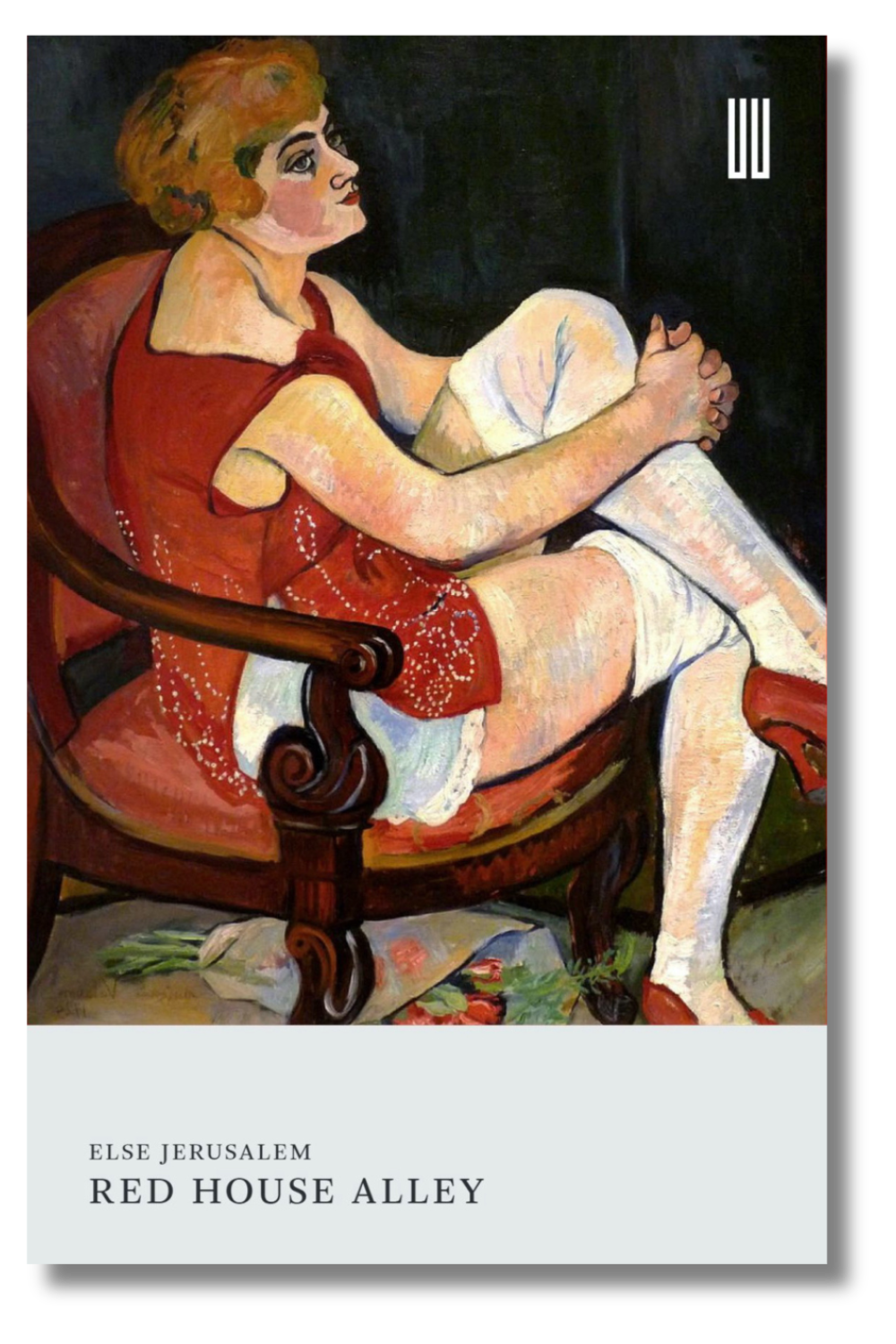From NYRB Classics | The Rest Is Silence by Augusto Monterroso, translated from the Spanish by Aaron Kerner | Fiction | 176 pages | ISBN 9781681378824 | US$16.95
What the publisher says: “The one and only novel by the renowned Guatemalan writer Augusto Monterroso—Latin America’s most expansive miniaturist, whose tiny, acid, and bracingly surreal narratives Italo Calvino dubbed ‘the most beautiful stories in the world’—The Rest Is Silence presents the reader with the kaleidoscopic portrait of a provincial Mexican literary critic, one Eduardo Torres, a sort of Don Quixote of the Sunday supplements, whose colossal misreadings are matched only by the scale of his vanity.”
What M. A. Orthofer at The Complete Review says: “Monterroso doesn’t go mainly for broad humor here; rather, he pricks at Torres with small, effective jabs—from all angles. There are some inspired ideas here, and some of the pieces are exceptionally well-turned, but it’s all good fun—and well-dosed variety, as he doesn’t rely on any one trick or approach for too long.”
What I say: Before reading this novel, I’d known Augusto Monterroso solely through his short fiction. This novel is both an excellent counterpoint to those stories and a formally inventive work all its own. The way that it centers around a protagonist who never quite gets it—and who is prone to gloriously self-important declarations—is a great hook for the larger work, and several moments made me laugh out loud. Unlike anything else I’ve read in a good long while.
From Coffee House Press | Sand-Catcher by Omar Khalifah, translated from the Arabic by Barbara Romaine | Fiction | 136 pages | ISBN 9781566897334 | US$18.00
What the publisher says: “Four young Palestinian journalists at a Jordanian newspaper are tasked, on account of their heritage, with profiling one of the last living witnesses of the Nakba, the violent expulsion of native Palestinians by the nascent state of Israel in 1948. Confident that the old man will be all too happy to go on record, the reporters are nonplussed when they are repeatedly, and obscenely, rebuffed.”
What Cory Oldweiler at the Boston Globe says: “It’s no easy feat to turn the quest for an interview into a low-key thriller, but that’s exactly what Khalifah has done. Strictly speaking, it’s a follow-up interview, as the novel opens with various first-person accounts of the journalists’ initial encounter with the old man at his family home in Amman, Jordan, where the story is set.”
What I say: The first part of Sand-Catcher offers a series of windows on the same event, a hostile confrontation between an aging man and the journalists seeking to learn more about his life. Once this structure is established, author and translator work to dismantle it, illustrating both the interpersonal conflicts within a quartet of journalists and the familial dynamics they’ve wandered into. Throughout, this novel finds an unexpected balance between the tragic and the comic.
From Sundial House | The Book of Affects by Marília Arnaud, translated from the Portuguese by Ilze Duarte | Fiction | 200 pages | ISBN 9798987926468 | US$12.00
What the publisher says: “Critically acclaimed in her native Brazil, Marília Arnaud now reaches a wider, international readership with this English edition of O Livro dos Afetos [The Book of Affects]. In this short story collection, Arnaud uncovers the moving, complex, and often mystifying workings of the human heart as her characters grapple with desire, jealousy, betrayal, loss, and longing in nine stories ranging from the tender to the violent.”
What translator Ilze Duarte says: “But perhaps the most precious gift Arnaud gives her readers as a Brazilian writer is her beautiful use of our language. She is one of the most accomplished wordsmiths in Brazilian literature, her command of Portuguese the strongest I know. It was Arnaud’s ability to delight readers with her refined, lyrical language that first drew me to her work.”
What I say: The stories in The Book of Affects abound with hauntingly chronicled modes of desire, memory, and regret. Over the course of the collection, these works have an increasing sense of surrealism, with characters’ alienation shifting from metaphor to something all too literal. And some of the characters’ emotional revelations are devastating: “It seemed suddenly astounding to me that one’s life could depend entirely on someone else’s decision.”
From Syracuse University Press | Salt Journals: Tunisian Women on Political Imprisonment by editors Haifa Zangana, Christalla Yakinthou, and Virginie Ladisch, translated from the Arabic by Katharine Halls and Nariman Youssef | Nonfiction | 152 pages | ISBN 9780815638513 | US$24.95
What the publisher says: “Salt Journals is a compelling collection of essays by Tunisian women, sharing their personal experiences with dictatorship and oppression. While rooted in the history and culture of Tunisia, these narratives reflect universal feelings of isolation, pain, and the indomitable quest for freedom.”
What Saliha Haddad at The New Arab says: “Readers are encouraged to view the book not only as a record of memories but also as a call to focus on present-day struggles, such as the continued ban on the hijab in many urban areas of Tunisia and the rising imprisonment of political opponents under President Kais Saied.”
What I say: In this anthology of short nonfiction pieces—along with analysis and commentary—the editors convey the experience of taking part in protests both visible and personal. Salt Journals is a powerful document of political upheaval, but it’s also an important exploration of the different impulses that inform dissent, and the diverging reactions to it after the fact.
From Boiler House Press | Red House Alley by Else Jerusalem, translated from the German by Stephanie G. Ortega | Fiction | 636 pages | ISBN 9781915812360 | US$34.99
What the publisher says: “Red House Alley follows Milada, the illegitimate daughter of a prostitute, from childhood through her own conscription into sex work as a teenager and on to her ultimate escape. Milada watches as her mother is destroyed by poverty, disease, and alcoholism, and vows to avoid the same fate for herself.”
What Daniel Elkind at Lapham’s Quarterly says: “Though seldom read outside of academic circles today, Jerusalem was a pioneering feminist who wrote perceptively about the lives of Viennese sex workers and their role in the political economy of the city’s nightlife. . . . The double standard Jerusalem exposed in her novel persists: it is still more acceptable to hire a sex worker than it is to be one.”
What I say: This is a truly sprawling novel that covers decades of Austrian history through a handful of interconnected lives. It isn’t surprising that an earlier translation was abridged, but it’s also hard to imagine a truncated version that would have the same impact. There’s both a grim realism present here, when it comes to the way the powerful can abuse their position, and a hard-fought nod to optimism. The novel itself is over a century old, but it still has a powerful impact in 2024.
From Eulalia Books | Waking in the Sahara by Zaira Pacheco, translated from the Spanish by Lauren Shapiro | Poetry | 160 pages | ISBN 9798986353982 | US$18.00
What the publisher says: “In the vibrant, minimalist landscape of this book, Puerto Rican poet Zaira Pacheco examines the interplay between illumination and obscurity, using cracks, fissures, pockets of shadows, and ancient water flows to reveal and conceal the traces of human presence. With an essential introduction by poet-translator Lauren Shapiro, Waking in the Sahara is a dizzying exploration of origins set against the timeless backdrop of rock and sand.”
What I say: In her introduction, translator Lauren Shapiro writes, “This book spoke to me not only through its words but also its silences.” These poems abound with evocations of stark landscapes, whether they’re busy urban spaces or sparsely populated ones half a world away. Some of the poet’s use of language is also immediately striking, as with these lines from “Nocturne”: “Once, in the beginning / you were time and quicklime.” There are worlds contained in these verses.
Looking for more reading suggestions? Check out Tobias Carroll’s recommendations from last month.
Disclosure: Words Without Borders is an affiliate of Bookshop.org and will earn a commission if you use the links above to make a purchase.
Copyright © 2024 by Tobias Carroll. All rights reserved.


















